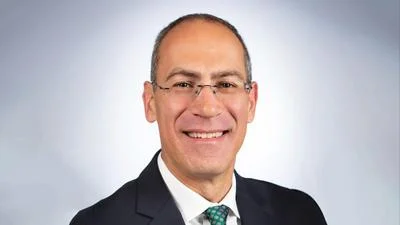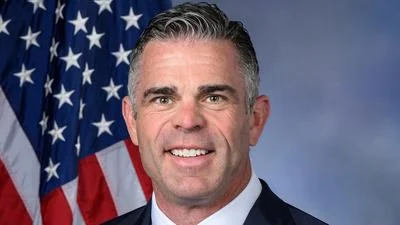Student loan payments are among the largest monthly expenses many people have. | Alexander Mils/Unsplash
Student loan payments are among the largest monthly expenses many people have. | Alexander Mils/Unsplash
With federal student loan payments slated to kick back into gear on May 1 after being put on pause for over two years due to the pandemic, residents everywhere are trying to figure out what that could mean for their already stressed household budgets.
Barring any additional relief plans put into place by the Biden administration, payments are set to become due for many over the next month, no matter what shape they find themselves in financially.
"Next to maybe your rent payment, your mortgage payment, it's probably the most expensive payment you have in any given month," student loan debt payment expert Mary Jo Lambert-Terry said in a recent WQOW.com report.
For those looking to stay one step ahead, Lambert-Terry recommended getting ahead of payments by going to studentaid.gov to find out who and what is owed.
"Over these last two years, loan servicers have changed, they've moved around, some have jumped out, some have jumped in," she said in the report. "So you kind of want to know who's servicing your loan, how much you owe, and what your payments (are) going to be. If you can afford a lower payment today and a higher payment tomorrow, do it. If you can afford to pay off your student loans—and it's a big accomplishment financially—do it."
Lambert-Terry also suggested that people take time figuring out what may be the best way to make their payments; namely, if setting up automatic payments is something that may be in their best interest.
"It's really key that people scheduled those payments when they get paid," she said.
For those in need, Lambert-Terry noted that help could be available in the form of applying for an income-driven repayment plan, which bases your monthly payment on your income. Another option could be consolidating your loans, which allows you to combine your multiple debts into one single debt to lessen the burden of bills.
"Make sure you just spend 15 or 20 minutes doing the research and taking this back into your control," she said in the report.
Ultimately, if the Biden administration moves to once more extend the moratorium on student loans, Terry-Lambert said you can choose to pause your payments again.
"The great news is, we don't know what's going to happen," she said. "The bad news is, we don't know what's going to happen. So in the midst of this, if you set yourself up on an income-driven repayment program, or auto debit, or whatever; and they decide, 'We're not going to send you into repayment as of May 1,' or 'We're going to forgive loans,' you do have the ability to not make those payments."





 Alerts Sign-up
Alerts Sign-up